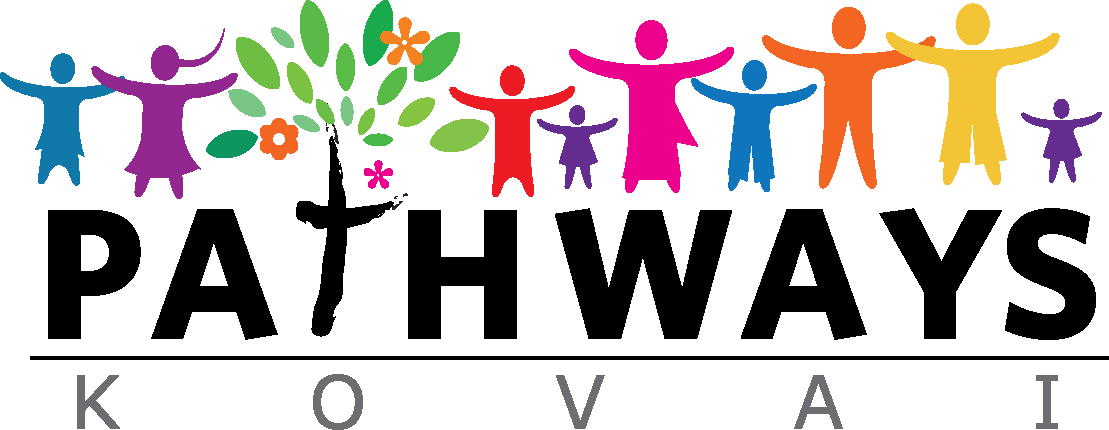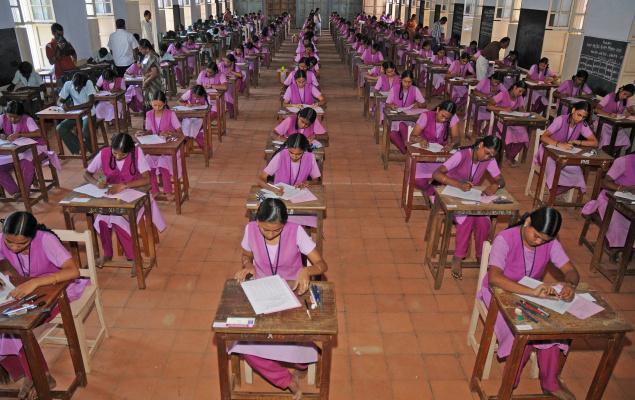Educating the mind without educating the heart is no education at all.
Aristotle
On May 7 Tamil Nadu government announced the plus two results. Hundreds of students and their families were very happy with the exam outcomes for their children as they scored very high. Stories of thousands of others were different. Out of the total 8,82, 260 who appeared 90.6% passed, with a pass rate in boys 87.5% and in girls 93.4%. Of the passed only 57% scored above 60%.
Most headlines on the day both on print and online media rightly appreciated the topers. But as a culture we have a long standing tradition of valuing rank holders and devaluing others. I remember very well, when in school, one of my parents would ask ‘where are the other two marks?’ if I had scored 98 out of 100. Many parents truly believe that this kind of expectation is good for their children as it pushes them to do better.
There was other news too. They were about the few kids who ended their lives because of failure or low marks. We do not know if these children had any prior mental health issues. But the fact that these suicide happen soon after the exam results, indicate that they are highly likely to be linked to the results. The day after the results, on May 8 Indian Express reported “Results Snuff out Seven Young Lives” on the seven young people who had committed suicide. ‘Ironically” they report, that three of them had cleared the exams. Fourteen others had made suicide attempts. In an attempt to understand this trend I tried to look at the statistics of post-exam suicides. Sneha, the Chennai based NGO which works at preventing suicide had statistics up to 2009 on their website. The statistics from 2000 to 2009 indicate that around two thousand students commit suicide due to failure in exams every year all over India and the number ranges from 13 to 55 in Tamil Nadu.
Why is this happening? In my understanding the most definite correlation is the pressure that children are under to perform, is huge in the current climate, not only from parents, but also from the society. I hear parents saying things like “I am not a proud parent like so and so because my son did not score as much..” etc., supplemented by the media glorifying extreme marks. Formal school based education has come into existence only in the last two hundred years with increasing competition in exams building up over the last fifty years. How and why did we get here is a big question that needs exploring another day.
We need to understand how we bring up children in the context of education. I am not saying education is unimportant. But it is not the only thing that is important in life. Most famous and successful people in the world have not had a successful education based on mark or degree based outcomes. As I said in my first blog post on acceptance, all children are unique and different at the same time. That is what makes life and the world interesting. At any point in time 2-3% of population have intellectual disability (mental retardation) and 75 to 90 % of those have mild intellectual disability. In India the kids with mild intellectual disability are in mainstream schools. This does not include the children with normal IQ but with learning problems including Dyslexia with estimated minimum prevalence of 5%. With this in mind let us look at the students who sat for plus two exams. We can assume that many kids with mild ID and Dyslexia may have dropped out of school systems. If we assume that they did not drop out at least 6% of the 8.82 lakhs of kids who wrote plus two had these issues. These would have been among the 9.4% who failed. What I am trying to say is that all children are not made equal. And they should be treated with respect no matter what their academic capacity is. I am not hopeful that our education system is going to change much in the near future. One can hope that it does not get worse.
In this context I believe the parents and teachers have a huge role to play in improving the children’s sense of self by not focusing only on the marks. Children need to be appreciated for their efforts and not just the outcome. There are many paths in life that one can take and still be a successful human being. That need not be only in being a doctor or an engineer. I will explore this issue further in future.
I will finish with my most favorite quote by Einstein, which hits this issue on its head, “ Everybody is a genius. But if you judge a fish by its ability to climb a tree, it will live its whole life believing that it is stupid”.
Dr K Porpavai

